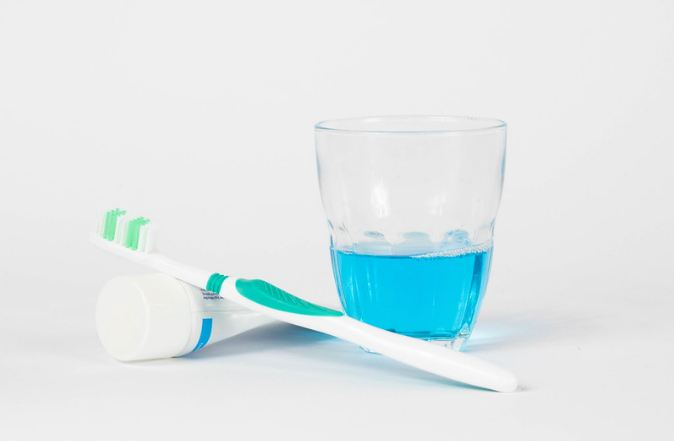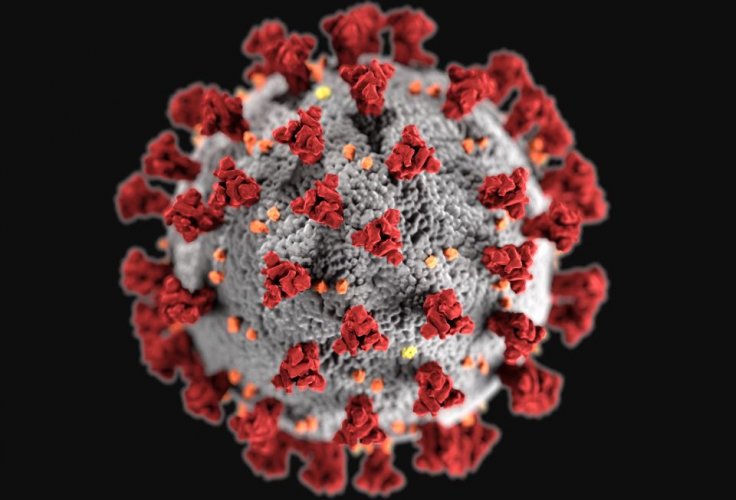A new study published in the Journal of Infectious Diseases has demonstrated through cell culture experiments that certain commercially available mouthwashes can neutralize the Sars-Cov-2 coronavirus.
The researchers tested eight types of mouthwash for the cell culture test. "Gargling with a mouthwash cannot inhibit the production of viruses in the cells, but could reduce the viral load in the short term where the greatest potential for infection comes from, namely in the oral cavity and throat - and this could be useful in certain situations, such as at the dentist or during the medical care of COVID-19 patients," explained Toni Meister, lead author of the study.
Not A Cure for COVID-19

High viral loads can be detected in the oral cavity and throat of some COVID-19 patients. The use of mouthwashes that are effective against Sars-Cov-2 could thus help to reduce the viral load and possibly the risk of coronavirus transmission over the short term. This could be useful, for example, prior to dental treatments. However, mouth rinses are not suitable for treating COVID-19 infections or protecting yourself against catching the virus.
The researchers tested eight mouthwashes with different ingredients that are available in pharmacies or drugstores in Germany. They mixed each mouthwash with virus particles and an interfering substance, which was intended to recreate the effect of saliva in the mouth. The mixture was then shaken for 30 seconds to simulate the effect of gargling.
They then used Vero E6 cells, which are particularly receptive to Sars-Cov-2, to determine the virus titer. In order to assess the efficacy of the mouthwashes, the researchers also treated the virus suspensions with cell culture medium instead of the mouthwash before adding them to the cell culture.

Clinical Studies In Progress
All of the tested preparations reduced the initial virus titer. Three mouthwashes reduced it to such an extent that no virus could be detected after an exposure time of 30 seconds. Whether this effect is confirmed in clinical practice and how long it lasts must be investigated in further studies. The authors point out that mouthwashes are not suitable for treating COVID-19.
The Bochum group is examining the possibilities of a clinical study on the efficacy of mouthwashes on Sars-Cov-2 viruses, during which the scientists want to test whether the effect can also be detected in patients and how long it lasts. Similar studies are already underway in San Francisco; the Bochum team is in contact with the American researchers.
(With inputs from agencies)









